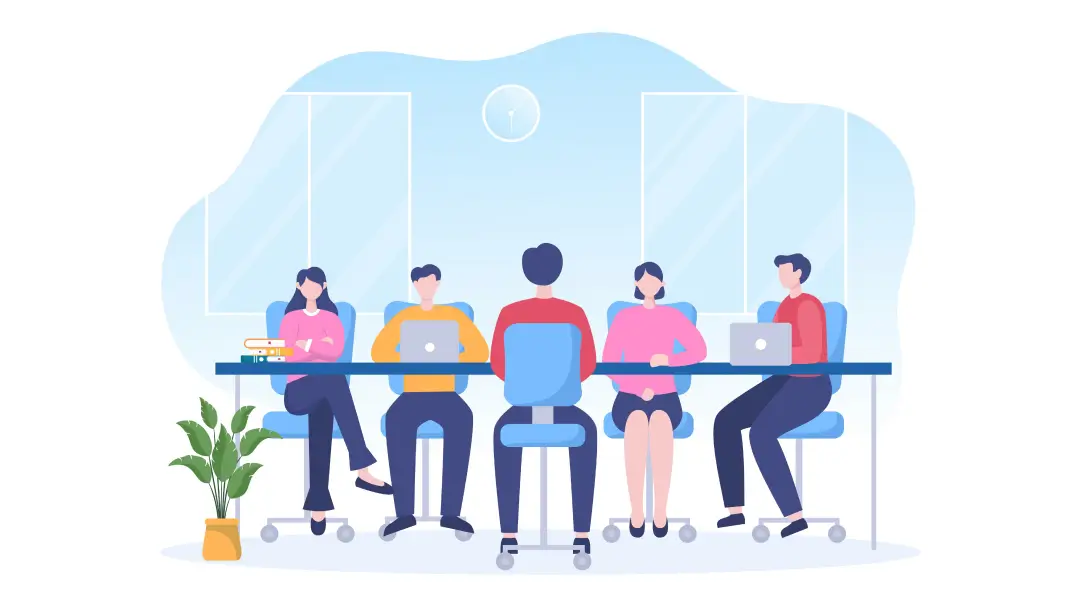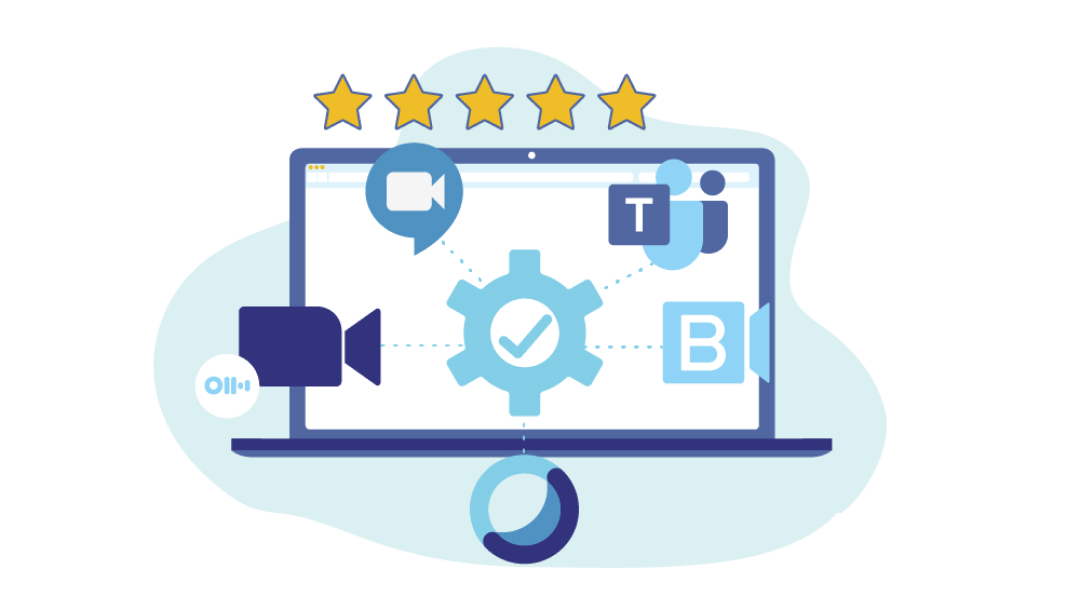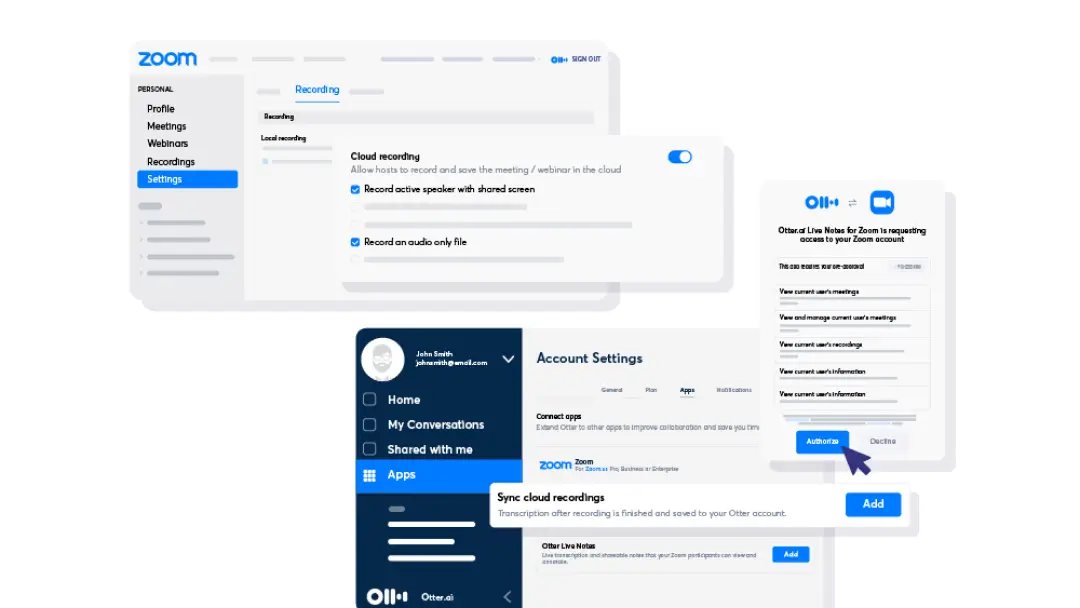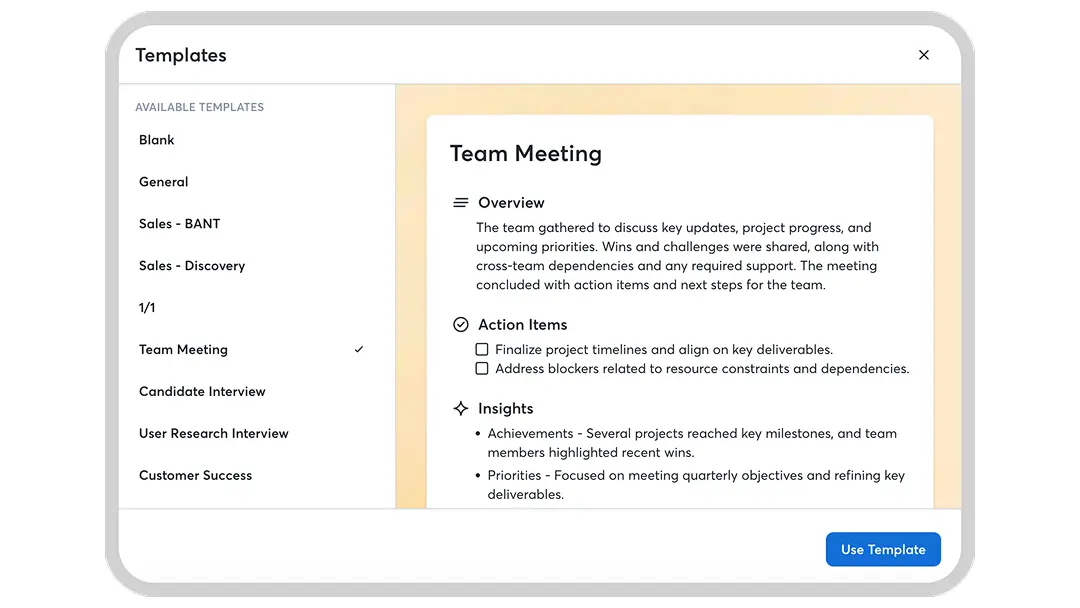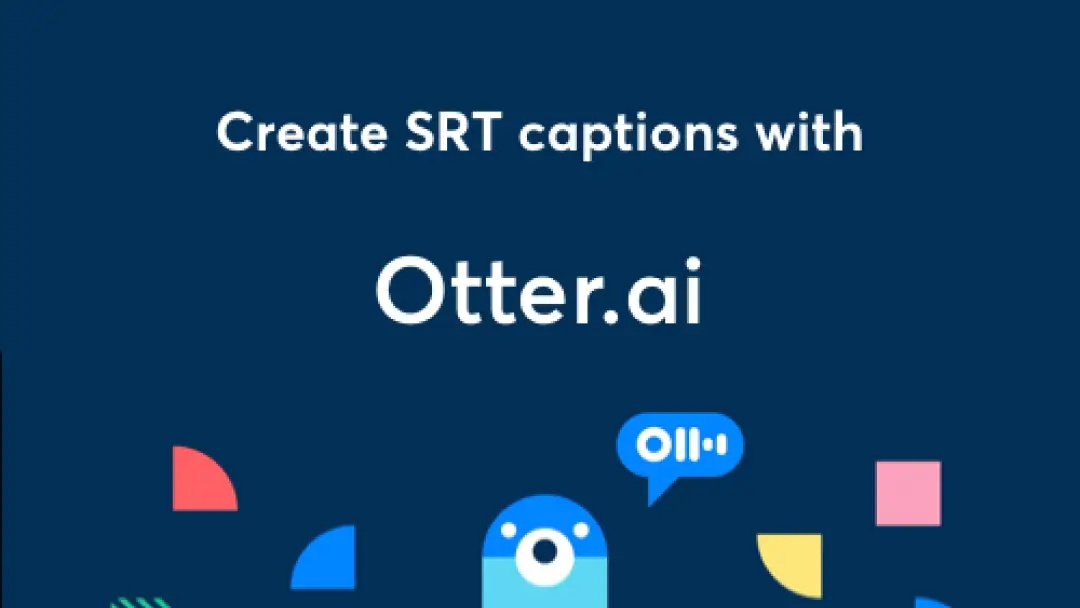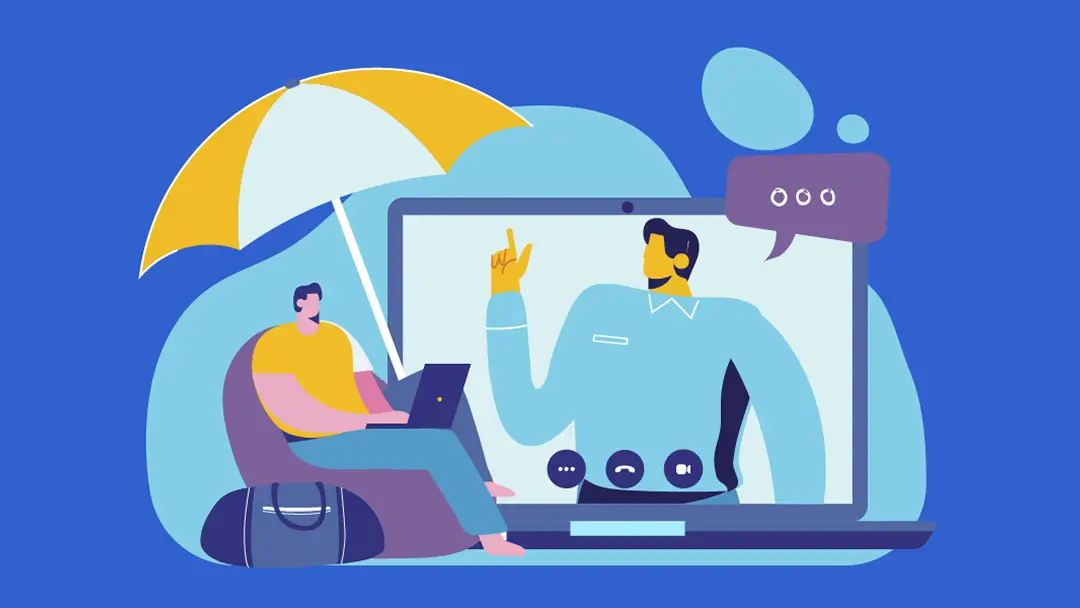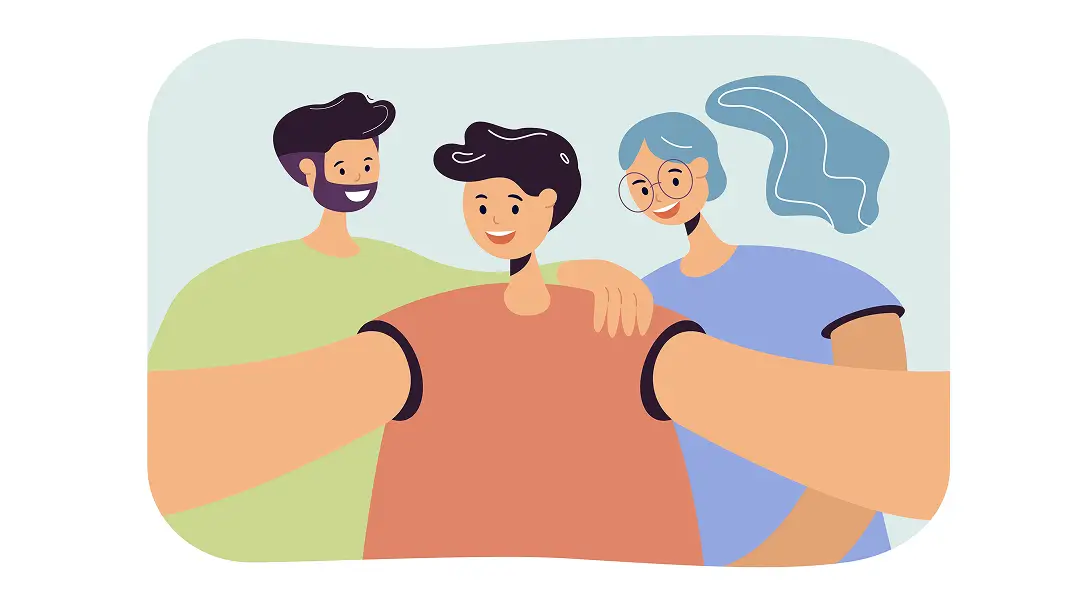Featured Student - OJ Oleka
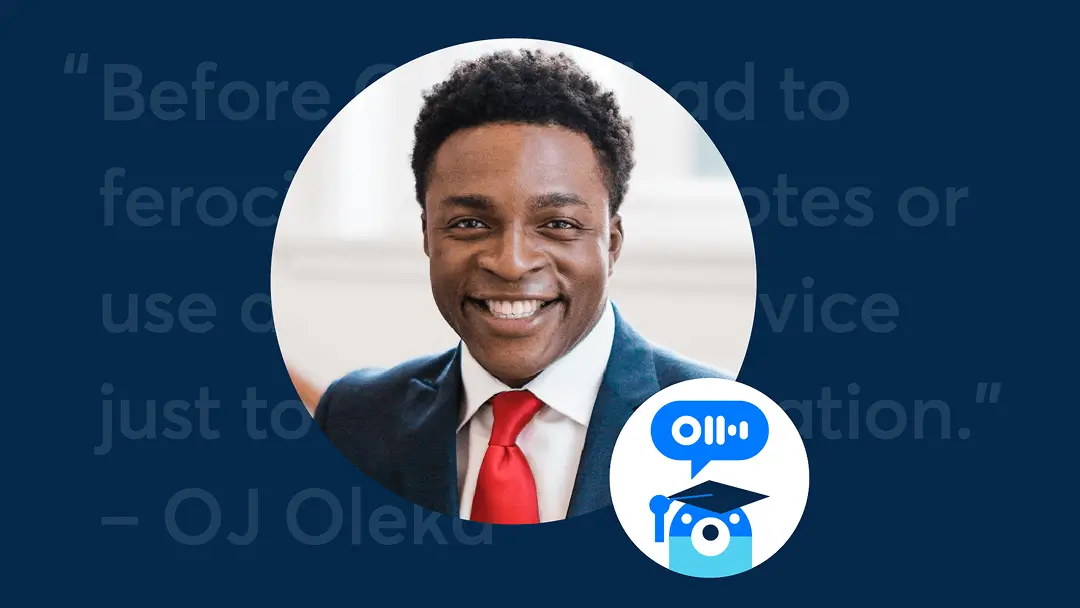
Many students rely on qualitative research as they work on dissertations, capstones, and other major projects. For these scholars, Otter can be the perfect tool to streamline the process of gathering information.
OJ Oleka is currently completing a doctoral program at Bellarmine University in Kentucky. He was looking for a quality application to help with data analysis, and his professor and some colleagues from his classes who were already using Otter suggested he try the app. It wasn’t long before he decided it was the correct choice for him.

“I am in a doctoral program and doing a lot of qualitative research, so I have a lot of interviews. After I used it for a couple interviews, I knew this would be the software I used for my dissertation,” he said. “It is that good.”
Now that OJ has been using Otter for over a full semester, he’s noticed a major difference in the way that he records his research.
“Before Otter, I had to ferociously take notes or use a recording device just to get all my information,” he said. “Transcription was extensive, having to capture and edit 100% of the content.”
Now, though, Otter’s accurate and fast live transcriptions help OJ to generate text for his interviews much faster.
“After Otter, the work was significantly easier to do and smoother to transcribe,” he said. “Transcription time was reduced by a tremendous amount of time.”
Otter users can sort their conversations into folders, which makes the app a convenient tool for extensive research projects made up of many interviews. Users can also easily keep track of conversations by renaming them, and can search for them using keywords.
Another feature that makes Otter a good choice for the modern student is the fact that the app can be used via either the mobile or web app, and conversations are immediately available to users on both types of device.
“I appreciate the seamless nature between the app on my phone and the website,” OJ said. “I am able to record on my phone while jotting down additional notes on my computer.”
This means that Otter frees up users to be able to do more than simply transcribe while they are conducting interviews. Instead, they can rely on Otter to record the conversation while they turn their attention to getting to know their interviewee, brainstorming smarter questions, and taking note of additional thoughts and ideas.
“This way, I’m not exhausting one device, nor am I inhibited from productivity by having to stick to a single device for both recording and taking notes,” OJ said.
In this way, Otter has the potential to help students learn to be better interviews by giving them more freedom to focus on their interviewing techniques. While they practice interviewing and gain valuable qualitative data, they can trust Otter to do the work of generating text that they will be able to edit, search, and access securely from any device.
“Otter has helped make transcriptions easier and more manageable,” OJ said.
That increased efficiency and productivity can make all the difference for students working on dissertations and other advanced projects. Sign up for a free account and make Otter part of your workflow today!
Whether you’re just getting started or you're already a pro, we’d love to hear your experience using Otter as a student.
Submit your story here for a chance to be featured on the Otter blog or social media channels. All featured students will receive 1 year free of Otter Premium.




